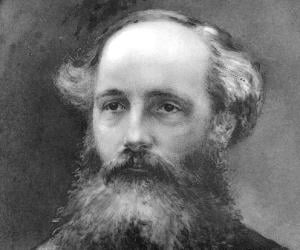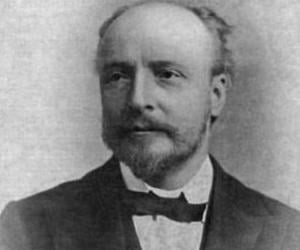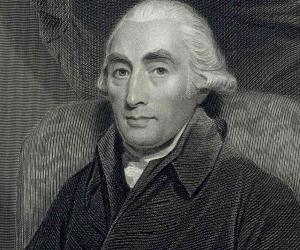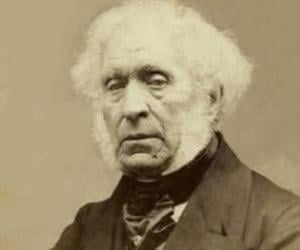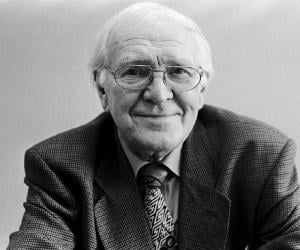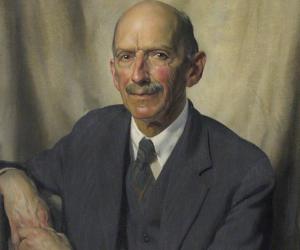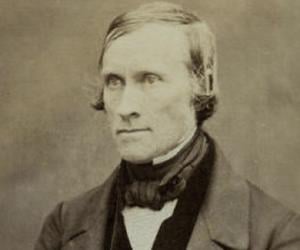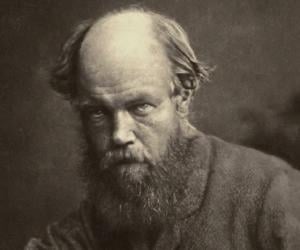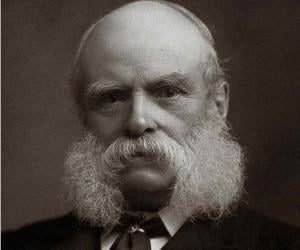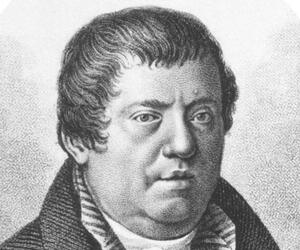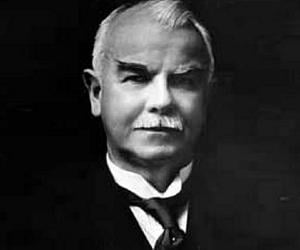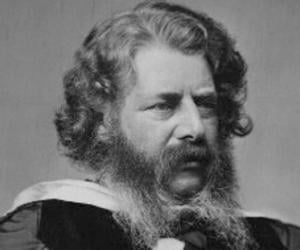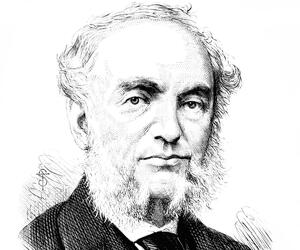1
James Maxwell
(Scottish Mathematician and Scientist Who Gave the Classical Theory of Electromagnetic Radiation)
Birthdate: June 13, 1831
Sun Sign: Gemini
Birthplace: Edinburgh, Scotland
Died: November 5, 1879
James Clerk Maxwell was a Scottish physicist known for his groundbreaking work in the field of electromagnetism. His theory of electromagnetic radiation unified electricity, magnetism, and light, paving the way for modern physics. Maxwell's equations are considered a significant unification in the field. He also made important contributions to statistical physics, color photography, structural analysis, and chaos theory. His work laid the foundation for modern physics, influencing fields like special relativity and quantum mechanics. Maxwell is widely regarded as one of the greatest physicists of all time.
